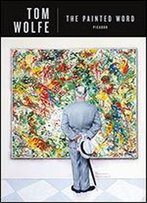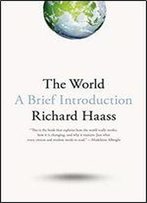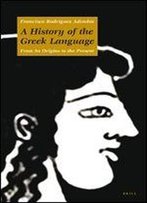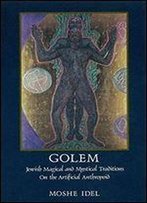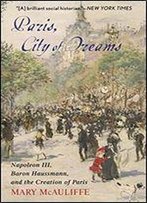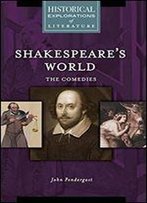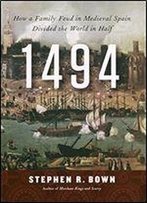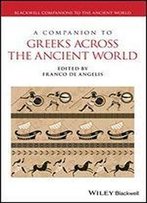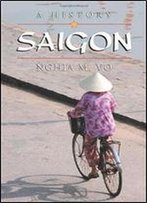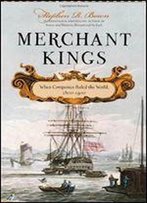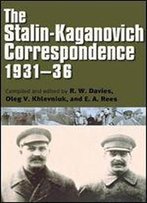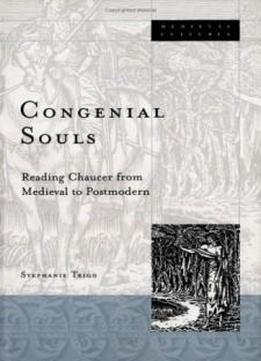
Congenial Souls: Reading Chaucer From Medieval To Postmodern (medieval Cultures)
by Stephanie Trigg /
2001 / English / PDF
16.2 MB Download
John Dryden claimed to share a kindred spirit, a congenial soul,
with Geoffrey Chaucer, and he was not alone. Reading critics
reading Chaucer, Stephanie Trigg makes us privy to the special
communities-modeled on the pilgrimage to Canterbury-that rose up
around the author as commentators through the ages sought spiritual
or emotional intimacy with him. Congenial Souls surveys the
critical literature from the late Middle Ages to the contemporary
period to show how editors and critics constructed various voices
as a response-even a supplement-to Chaucer's work. Focusing on
turning points in the history of Chaucerian discourse and in the
construction of a special Chaucerian community, Trigg arrives at
the fraught notion of a critical community in our day. What, she
asks, do feminist studies or contemporary cultural studies portend
for such an author-based literary communion? And, if Chaucer is the
original "dead white male" author, what will happen to Chaucer
studies and medieval studies in the next millennium? The moment is
propitious, Trigg suggests, for Chaucerians to examine their own
critical history and its inherent contradictions. Richly informed,
her work creates a strong basis for such an examination.
John Dryden claimed to share a kindred spirit, a congenial soul,
with Geoffrey Chaucer, and he was not alone. Reading critics
reading Chaucer, Stephanie Trigg makes us privy to the special
communities-modeled on the pilgrimage to Canterbury-that rose up
around the author as commentators through the ages sought spiritual
or emotional intimacy with him. Congenial Souls surveys the
critical literature from the late Middle Ages to the contemporary
period to show how editors and critics constructed various voices
as a response-even a supplement-to Chaucer's work. Focusing on
turning points in the history of Chaucerian discourse and in the
construction of a special Chaucerian community, Trigg arrives at
the fraught notion of a critical community in our day. What, she
asks, do feminist studies or contemporary cultural studies portend
for such an author-based literary communion? And, if Chaucer is the
original "dead white male" author, what will happen to Chaucer
studies and medieval studies in the next millennium? The moment is
propitious, Trigg suggests, for Chaucerians to examine their own
critical history and its inherent contradictions. Richly informed,
her work creates a strong basis for such an examination.
Stephanie Trigg is senior lecturer in English at the University
of Melbourne. Medieval Cultures Series, volume 30
Stephanie Trigg is senior lecturer in English at the University
of Melbourne. Medieval Cultures Series, volume 30
